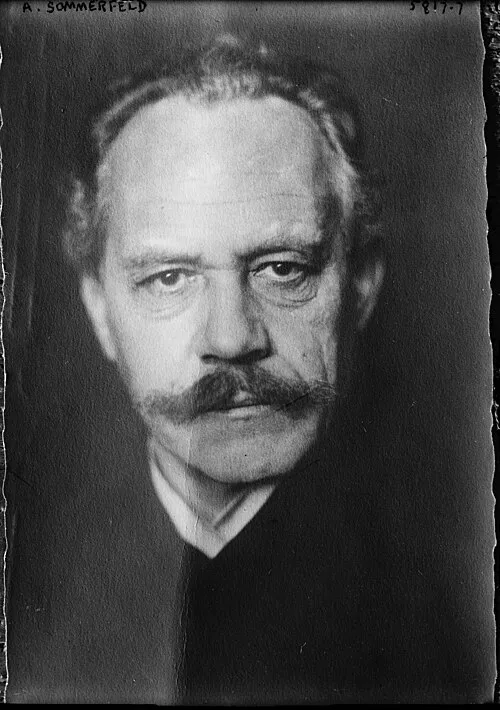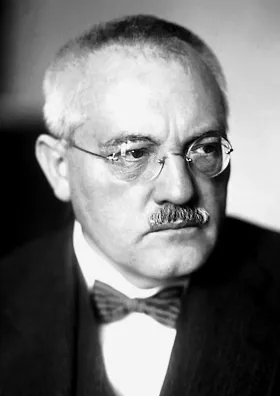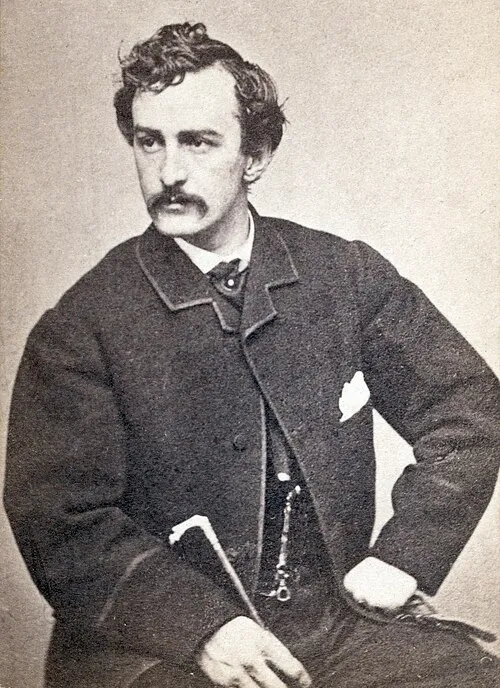
Name: Arnold Sommerfeld
Nationality: German
Profession: Physicist and academic
Birth Year: 1868
Death Year: 1951
1951 – Arnold Sommerfeld, German physicist and academic (b. 1868)
Arnold Sommerfeld, born in the waning years of the 19th century, emerged as a towering figure in the landscape of physics a realm that was undergoing radical transformations. Raised in Königsberg, he displayed an early aptitude for mathematics and science. His path began to diverge from traditional academia when he enrolled at the University of Königsberg, a decision that would ignite a lifelong passion for theoretical physics.
However, it was not merely his academic prowess that distinguished him; it was his uncanny ability to blend abstract mathematical concepts with tangible physical phenomena. In 1919, after years of rigorous study and collaboration with some of the leading minds of his time, Sommerfeld made significant contributions to atomic theory. Ironically enough, while much focus was placed on the burgeoning field of quantum mechanics by contemporaries like Max Planck and Niels Bohr, it was Sommerfeld’s work on electron orbits introducing what we now call fine structure that solidified his reputation.
Despite this success in theoretical developments, fate had more trials ahead. The rise of Nazism presented a hostile environment for many Jewish scientists; however, Sommerfeld managed to navigate these treacherous waters by securing positions and continuing research at several institutions across Europe. It is perhaps worth noting that during this turbulent time in history when so many were silenced Sommerfeld thrived by adapting his theories to fit new paradigms emerging from experimental data.
The heart of Sommerfeld's legacy can be encapsulated within his role as an educator. He guided numerous students who would go on to become influential physicists themselves including Nobel laureates such as Wolfgang Pauli and Werner Heisenberg. His teaching style reflected an inherent belief: knowledge must be dynamic! It wasn’t just about passing exams or completing coursework; instead, it involved fostering creativity among budding scientists.
As decades rolled forward into the mid-20th century a period marked by rapid advancements the world bore witness to profound shifts influenced heavily by quantum mechanics. During this time frame, one could argue that Arnold Sommerfeld stood at a crossroads between classical physics and modern theories pushing boundaries further than ever imagined.
However! As history would have it… On April 26th in 1951, Arnold Sommerfeld passed away a moment shadowed with irony considering how close he had been to witnessing yet another leap forward in scientific understanding through nuclear technology and beyond.
Historians recount that even though he left this mortal coil behind him his impact did not wane but instead echoed through generations! His principles continued shaping physicists’ thoughts long after his demise; they laid groundwork upon which future breakthroughs were built.
The story doesn’t end there! Fast forward several decades later: It is remarkable how far we've come since those early days grappling with atoms' mysteries yet ironic when we consider our current struggles against climate change with scientists today facing challenges unlike any seen before!
The foundations laid by pioneers like Arnold Sommerfeld remind us all just how vital intellectual curiosity remains as humankind journeys into unknown realms waiting just beyond our grasp...




